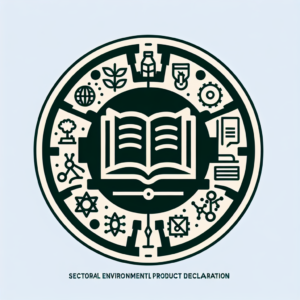Here’s the translation to American English:
—
The transformative potential of Generative Artificial Intelligence (AI) in organizations is evident, though its effective implementation still requires strategic vision and proper change management. This was the conclusion reached by over 70 professionals from various sectors during the XII AI Directors meeting, organized by the AI-Network Association, which brings together executives involved in digital transformation through AI.
At the event, multiple themes were discussed in working groups that covered everything from strategic approaches to technical and cultural challenges. Although generative AI is already adding value in areas such as software development, process automation, and content creation, its adoption faces significant obstacles.
Companies are at different levels of maturity regarding AI implementation. Some have accumulated successful use cases, while others are still in an exploratory phase. A notable trend is the use of generative tools that allow for autonomous interaction with data, reducing dependency on technical teams and improving access to information.
Attendees agreed that AI-assisted software development has transformed how requirements are defined, as well as the speed and quality of delivery, opening the door for non-technical profiles to participate in application creation. However, organizations face resistance to change and a knowledge gap among different profiles, which can lead to unrealistic expectations and distrust concerning potential errors.
Additionally, the importance of identifying key figures within companies who can act as ambassadors for AI was highlighted, promoting a culture of learning and facilitating clear communication during the adoption process.
Another central topic in the discussions was the measurement of the impact and return on investment (ROI) of AI initiatives. Attendees pointed out the difficulty of applying traditional metrics to evaluate the benefits of generative AI, underscoring the need to develop custom indicators that reflect its impact on business processes. Selecting use cases for scaling, prioritizing those that generate tangible value, is essential.
The event also addressed the need to establish clear governance over data and emerging tools within companies. Knowledge organization and quality control are fundamental to maximizing the return on AI initiatives and preventing the scattering of efforts.
Finally, the role of AI as a driver of competitiveness was emphasized. More than just a tool for efficiency or cost reduction, generative AI presents companies with the opportunity to differentiate themselves, innovate, and evolve more quickly than their competitors, always under careful management and with a long-term focus.
The meeting included presentations from experts such as Guillermo Rius, AI Manager at NWorld Advisory, and Mario Cortés, Director of App Innovation & Power Platform & AI Gen at Tokiota, who shared their perspectives on how to integrate AI into business and modernize technological solutions.
This event underscores the need for collaboration among AI, Data, and IT department leaders to ensure that artificial intelligence initiatives are implemented ethically and sustainably, generating a positive impact on society. Currently, the community includes over 200 executives committed to analyzing and disseminating knowledge related to artificial intelligence.
via: MiMub in Spanish











